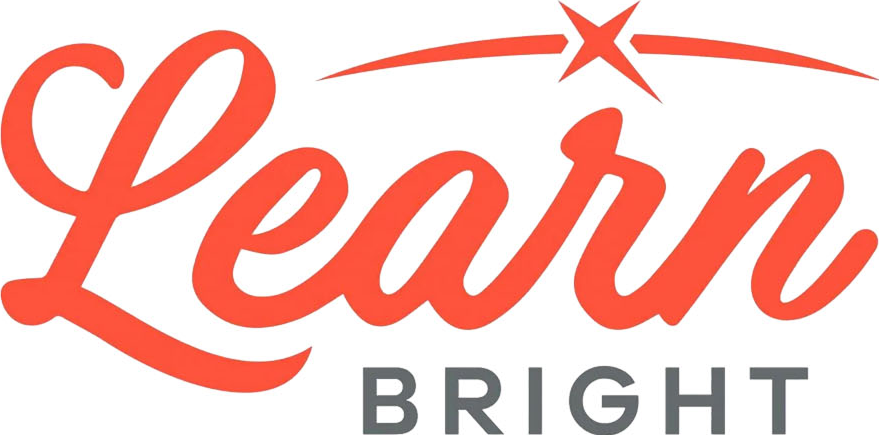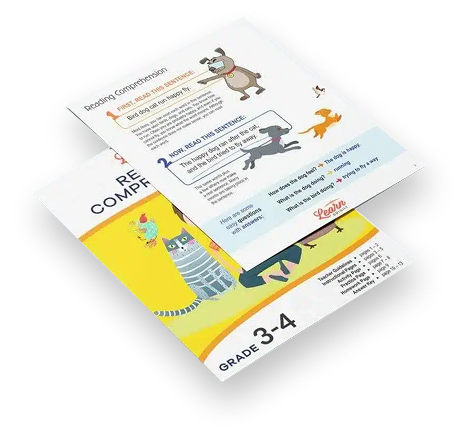Description
What our Dinos A to Z: Extinction of Dinosaurs lesson plan includes
Lesson Objectives and Overview: Dinos A to Z: Extinction of Dinosaurs is a high-interest reading comprehension lesson plan. As such, students will practice various close reading and comprehension skills. In addition, they will learn about dinosaurs and why they died off. This lesson is for students in 2nd grade, 3rd grade, and 4th grade.
DINOS A TO Z: EXTINCTION OF DINOSAURS LESSON PLAN CONTENT PAGES
The Extinction of the Dinosaurs
The Dinos A to Z: Extinction of Dinosaurs lesson plan contains one content page. There are no dinosaurs on Earth today. What happened to them? They are extinct. We say something is extinct when a plant, animal, or insect no longer exists. There are many reasons why plants, animals, and insects go extinct.
A group of living things is called a species. Sometimes, a species gets sick. A disease kills them. Other times, the food they need to eat dies out. Without their food source, they starve too. The change in the climate is another reason. Climate is the daily weather over a long time. If it is too cold, animals like reptiles have difficulty surviving. They can handle the cold weather for a short time. But if it remained cold for years, some reptiles might become extinct.
Pollution is another reason for a species to go extinct. Chemicals in the air, water, and food can harm the species. Losing the habitat where they live is also a reason. Like when roads are built, trees that are the home to birds and other animals are cut down. The species that live in the trees and the forest lose their habitat. So, what happened to the dinosaurs? Why are they extinct?
Theories
Some scientists have estimated there may have been 2.5 billion dinosaurs on Earth! But they don’t really know for sure. It was a long time ago when they lived. There isn’t a fossil record of every species of dinosaurs. Scientists think there are two possible theories or reasons dinosaurs became extinct. Both theories suggest the sun was blotted by a catastrophic event. Without the warmth of the sun, the climate became very cold. Species of plants, animals, and insects could not survive the cold.
What were the events that changed the climate? One may have been an asteroid that crashed into the earth. The dust covered the sun. The second is that thousands of volcanoes across the world erupted. They threw choking dust and pollution into the air. Either way, the warm sun disappeared. The world’s climate became very cold. Dinosaurs became extinct because they could not survive the freezing weather or their habitat was polluted. That’s what scientists think happened to the dinosaurs!
DINOS A TO Z: EXTINCTION OF DINOSAURS LESSON PLAN WORKSHEETS
The Dinos A to Z: Extinction of Dinosaurs lesson plan includes two worksheets: an activity worksheet and a practice worksheet. Each one will help students solidify their grasp of the material they learned throughout the lesson.
COLORING PAGE ACTIVITY WORKSHEET
For this activity, students will complete a good old-fashioned coloring page! After they finish coloring, they will describe their dino habitat on the lines at the bottom of the worksheet page.
REVIEW PRACTICE WORKSHEET
The practice worksheet requires students to answer a series of 5 questions. These questions all relate to the content pages, so students will need to refer to them for the answers.







